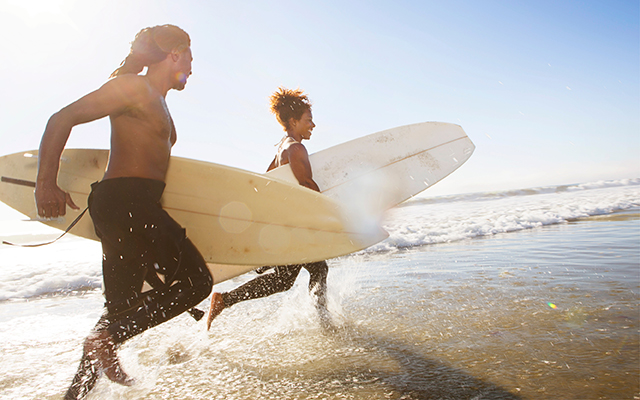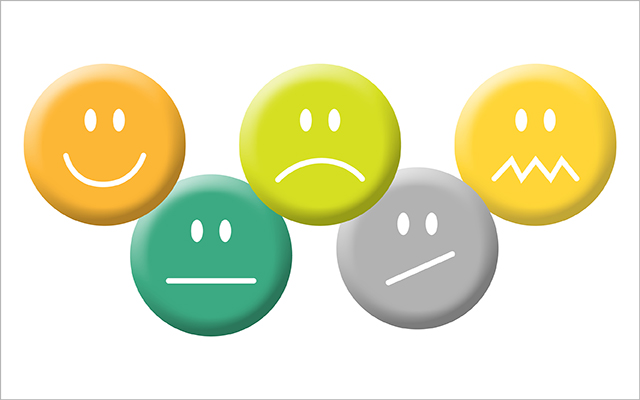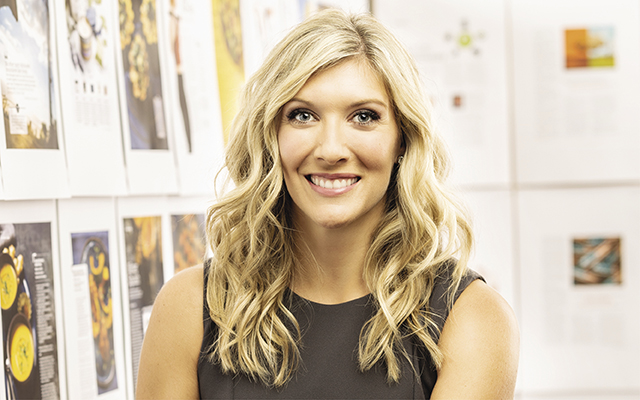“Whoa. You’re really strong, huh?”
I often hear a variation of this sentiment. Sometimes the question mark is an exclamation point. Sometimes there’s a hint of disbelief in the speaker’s voice, and other times the insistent tone seems to be trying to convince me of my strength.
Every time, I am uncertain how to respond — or whether I should respond at all.
My strength feels like a fact akin to the color of my hair or the make of my car. It is confusing to me when it’s pointed out, because it’s not something I think much about. Usually, I assume best intentions — that these remarks are meant as compliments. I accept them with a genuine, grateful smile and a thank you.
But having people notice my strength has led me to consider a question: What does being strong mean to me?
In the fitness world, strength is often associated with brute muscular capacity. It’s common to imagine someone with ripped muscles pushing and pulling heavy weights.
In this regard, I don’t always feel strong. My muscles have never been especially well defined, no matter how much I lift or how lean I become — a condition of genetics, lifestyle, and preference. I strength-train regularly, but I don’t walk around ready to hit a new max in my bench press or squat.
Does that mean I’m not strong? Is my strength defined by what I look like and how much weight I can lift?
I don’t believe these questions actually have right answers.
Someone reading this might think, Well, duh, obviously how much you can lift determines whether you’ve gotten stronger or weaker!
Someone else might think, What is even the point of getting stronger if you don’t look different?
Fair points.
And yet, I think this definition of strength — as something gained and lost and reflected, at least in part, on the outside — is narrower than feels comfortable for me.
My interest, I’ve come to realize, isn’t so much in getting strong-er, though that is a pretty cool feeling when I have evidence that it’s happened. My goal is simply to feel strong, which is to live my life in a way that is enjoyable to me and of some value to others.
In this sense, being strong is only partly physical; it’s also mental, emotional, spiritual, and social.
Being strong means believing that I can face the day and what it might bring. Being strong means having faith that I can try new things — physical things like circus camp and surfing as well as the nonphysical stuff, like initiating new friendships as an adult and even writing this column.
Being strong doesn’t make me bulletproof or fearless; it doesn’t mean that I don’t fail. It simply allows me to move through the world without the mistaken belief that “I’m not strong enough” holding me back.
A coach once chided me for using the phrase “I can’t do that.” He encouraged me instead to turn it around and ask, “Can I do that?” The answer might be no. But it might be yes. Or, even, sort of. Strength exists in the willingness to admit that you don’t know, but are willing to try anyway, despite fear and doubt.
In my living room hangs a framed original print by an artist-friend that says, “The strongest you have ever been.” She gave this to me at a time in my life when I did not feel strong in the conventional sense. I’d sustained a back and brain injury due to a fall, and I felt like my broken body was falling apart more every day. It took me a long time to come around to what the saying meant and what it stood for — and it was only then that I could bring myself to hang it up. That print had nothing to do with my best deadlift or how defined my shoulders looked. It had everything to do with me being me. Strong. At any moment, my strongest.
This originally appeared as “Strong Body, Strong Mind: The Best Part of Being Strong” in the March 2018 print issue of Experience Life.




This Post Has 0 Comments